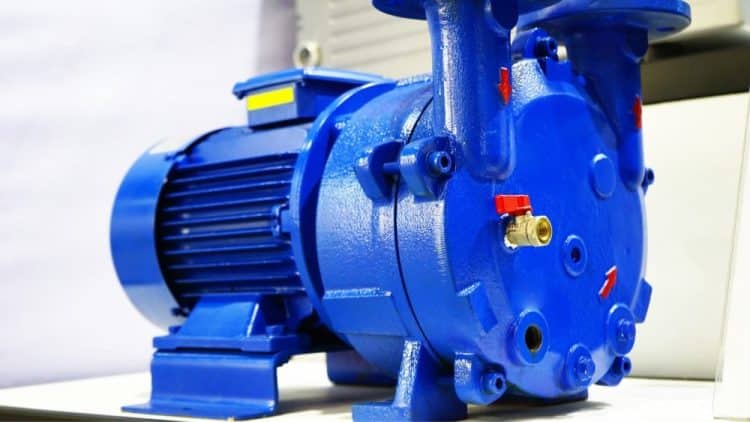Vacuum pumps are known for saving time and money when added to extraction processes. The pumps reduce pressure and allow solvent evaporation at lower temperatures. Other potential uses include distillation. There are several types of vacuum pumps to choose from. Dry scroll vacuums and rotary vane vacuums are two of the most commonly utilized by cannabis extractors. Which one is better for your operation depends on your budget, specific needs, and goals. Each vacuum pump has its pros and cons.
Rotary vane vacuum pumps are some of the most widely used vacuum pumps in cannabis extraction. These pumps create suction by compressing air in a pump chamber. They have a lower upfront cost and are known for great performance as long as they’re regularly maintained. They use oil, creating a tight vacuum seal, and for this reason, they require considerable maintenance. Oil changes are often needed after 3,000 use hours, which can add up over time, as can the machine’s accumulative downtime due to maintenance schedules.
Dry scroll vacuum pumps, on the other hand, have a higher upfront cost but require less maintenance, so lifetime costs are lower. They’re quiet and sealed tight using joint spiral scrolls. These co-wound scrolls compress air to the center of a housing where it is expelled. They don’t use oil, which is why they have fewer parts to be maintained. Scrolls are usually replaced after 40,000 use hours. The tip seals on the scrolls may require replacement within 1-2 years and can generate particles when worn. Benefits to not using oil are reduced risk of any sort of oil-product contamination as well as improved sustainability.
Upfront and lifetime costs are always important to consider, but your extraction goals can make a difference when choosing which vacuum pump is best for your operation. Rotary vane pumps have a reputation of providing great value by being precise and having a low entry price. Dry scroll pumps may cost more, but they are also better than rotary vane pumps for collecting terpenes from distillation. Dry scroll pumps avoid the use of oil. Comparatively, they’re both solid choices, so whichever you decide for your operation, they will get the job done. For how much money and to what degree depends on your short- and long-term goals.












